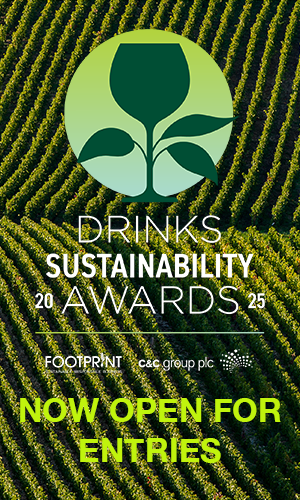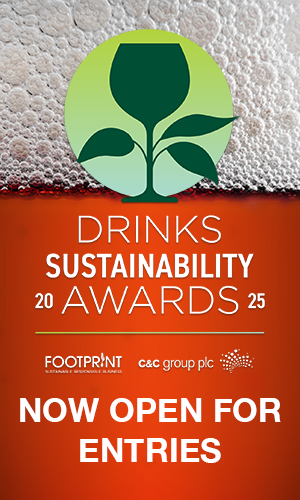THE WORLD is consuming 50% more natural resources than the planet can produce. This is putting huge pressure on biodiversity and left us in a danger zone.
The Living Planet Report 2012, published by WWF, also shows that it is taking 1.5 years for the Earth to absorb the carbon dioxide produced every year.
The biennial survey of the Earths health, produced in collaboration with the Zoological Society of London (ZSL) and Global Footprint Network, was launched from space by WWF Ambassador and Dutch Astronaut, André Kuipers.
Speaking from his European Space Agency Mission, he said: We only have one Earth. From up here I can see humanitys footprint, including forest fires, air pollution and erosion challenges which are reflected in this edition of the Living Planet Report.
The report measures the health of 9,014 populations of more than 2,600 species a thousand more populations than have been monitored by previous editions. This data, collated by ZSL, creates the Living Planet Index (LPI), which is presented in the report alongside global ecological and water footprint data.
An area of grave concern is that the LPI has declined by up to 30 per cent since 1970. According to the global Living Planet Index, declines in biodiversity are highest in low income countries, demonstrating how the poorest and most vulnerable nations are suffering the impacts of the lifestyles of wealthier countries.
The UK has risen five places, from 31st to 27th, in the reports global consumption ranking, which compares the Ecological Footprint per person, per country.
David Nussbaum, CEO of WWF-UK said: “In the UK, rather like the calm at the eye of a storm, we don’t yet see much of the impact of our daily lives on the environment. But we cant ignore the damage being done elsewhere in the world by the whirlwind consumerism of wealthy countries. We’re now in the danger zone.
Alongside WWFs analysis, other reports have pushed the biodiversity agenda firmly into the business spotlight, providing estimated values for the services provided by the natural world.
Mathis Wackernagel, president of Global Footprint Network, said the ecological crisis is becoming a driver for our growing economic pain. He added: Using ever more nature, while having less is a dangerous strategy, yet most countries continue to pursue this path. Until countries begin tracking and managing their biocapacity deficits, they not only put the planet at risk, but more importantly, themselves.
The UK Government is currently trialling the idea of biodiversity offsets, which work a little like carbon offsets.











